Superfoods: Are they special?
Superfoods: Are they special?
Goji berries, salmon, acai, mangosteen, chia seeds, quinoa, kale. You’ve probably heard of most of these foods, but what do they all have in common? All of these foods are all referred to as ‘superfoods’. Sounds pretty great right?!?
Here is the description of a ‘superfood’: Nutrient dense foods, containing high amounts of beneficial nutrients like fiber, antioxidants, omega-3 fats, vitamins or minerals, etc.
There are also claims that ‘superfoods’ have additional (aka: special or unique) health benefits when compared to other foods and increase your health and well-being in ways other ‘regular’ foods can’t. Sounds pretty great right!? Totally!
Here’s the thing, you haven’t been given the whole story about ‘superfoods’, and we always want you to know all the facts before making food decisions. We’ve outlined some of the best kept secrets of ‘superfood’ companies below so you can decide if you are shopping for ‘superhealth’ or getting ‘superscammed’.
The term ‘superfood’ is not scientifically, legally or officially defined, and therefore not regulated or monitored in any way. Anyone can call a food product a “superfood” regardless of how nutritious it actually is. So who started this term? Marketing companies, and it’s all for the cause; their cause. Unfortunately marketing companies aren’t in business for your health; they exist for profit. Which leads us to our next issue…
Did you know that the health and wellness industry has profited over $733 billion U.S dollars in 2020? Not only that, with the help of ‘superfood’ marketing the industry is expected to exceed one trillion dollars by 2026(1)? By marketing certain foods as SPECIAL and ULTRA nutritious, companies draw consumers into romanticized, often false, claims that ‘superfoods’ will solve a problem or provide you with something you didn’t even know you were missing. Because these companies have become masters at the art of selling (rather than health), they charge a pretty penny and rake in the big bucks.
The term superfood perpetuates diet mentality by giving food a moral value. Food has NO moral value (ex: good or bad), and when we add moral food labels, it pressures us to include some or exclude others regardless of any other factors. Deciding which foods to include in your house is based on many more factors, such as your goals, finances, individual body (medical conditions, allergies, etc.), and preferences. So if you feel pressure to try out a ‘superfood’, think about more than just the nutrient claims. Do you want to spend the money? Does the flavour interest you? Do you have recipes you are excited to cook that incorporate it?
Overall, ‘super’ is just another moral label that oversimplifies the value a food has, without being regulated to ensure the nutritional value being claimed, invented by marketing companies that are motivated, not by the health of their customers, but the dollars in their pockets.
Always remember, food is more than the nutrients it provides, it’s about the experience of eating food. Eat a variety of foods that make your meals interesting, flavourful, affordable, and fun. If you genuinely enjoy advertised ‘superfoods’, you do you! We love seeing clients, friends, and family harnessing the simple pleasure of enjoying the foods they eat.
We thought it would be fun to compare popular ‘superfoods’ and common foods to see how they stack up. If you are interested in reading more about this, check out our blog: “Superfoods - Superhealth or Superscam?’
References:



